BAUMEISTER stellt die komplexe Arbeitswelt von Architekten dar und zeigt Architektur in ihrer ganzen Emotionalität und Faszination. Spannendste Architekturprojekte, herausragende Innenarchitektur und Designinnovationen sowie Interviews mit den wichtigsten Köpfen der Branche. In vor Ort recherchierten Reportagen und exklusiven Essays werden die zentralen Fragen der Architekturwelt thematisiert.
B11 Editorial
A Baumeister Reader
All Buildings are Beautiful
“From Strasbourg to Paris”, in “Architecture from Below: An Anthology” by Sérgio Ferro, translated by Ellen Hayward, edited by Silke Kapp and Mariana Moura (MACK, 2024). Courtesy Sérgio Ferro/MACK, mackbooks.eu • It was a surprise to encounter such a substantial body of writing about architecture and art by an author who I had never heard of. This, the first of a three-volume collection, presents many of Ferro's texts in English for the first time. The question is why this ambitious translation project has taken so long to appear? First as a young student and activist practitioner within the São Paulo school of Artigas and then as a long-standing professor at the school of architecture in Grenoble, Ferro developed a critical position that brings Karl Marx directly into the architect's office and onto the construction site. Within a discourse that he calls Dessin/Chantier, Ferro traces how construction labour has been consistently disempowered in the service and development of capitalism over the last 500 years. While the design and the construction of Gothic cathedrals emerged out of shared knowledge and endeavour located on site and amongst the building's material, the 15th century saw power increasingly concentrated in the architect, whose drawings and other instruments of control came to embody more and more of the project's content. Ferro traces this unstoppable tendency across a wide history that encompasses the sculpture and architecture of Michelangelo and the weaponising of concrete in the 20th century. His argument is not a Ruskinian plea for the return to pre-industrial society, but rather a call to reform the methods and objectives of the contemporary profession, which is very relevant if architecture's necessary transition from an extractive to a circular practice is to be achieved.
“Alternating currents: technolgy as cultural expression”, by Helen Thomas in domus No. 1050, 25 October 2020, page 12 – 15. Courtesy Archivio Domus/Editoriale Domus S.p.A. • Correnti alternate: tecnologia come espressione culturale Alternating currents: technology as cultural expression
Pages from “Material Reform” by Material Cultures, co-authored by Amica Dall (MACK, 2022). Courtesy Material Cultures/MACK, mackbooks.eu • This efficient volume is a polemic of the best kind. Step by step, it's a list of statements, with each one reasonable and easy to agree with on its own, that are brought together to construct an irrefutable argument. The argument is that the architecture of the past two centuries has been extractive, not as a by-product, but as the integral quality of a practice that has become inexorably aligned with capitalist growth. This is not an easy lesson to deal with, but in their quietly persuasive way, Material Cultures say that we must. While the content in this book easily crosses borders, at least within Europe, the specific information is based on UK practice, a specificity and precision that gives additional strength to the argument. Like Helen Thomas, this book refutes the possibility of technological quick fixes, arguing instead that materials and technique are always culturally specific. In common with Sérgio Ferro, this book locates labour and more generally the means of production, at the centre of its discourse.
Pages from “Healing The Museum” by Grace Ndiritu, Motto Books, 2023 • Museums have long been my safe space. The opportunity to be immersed in...
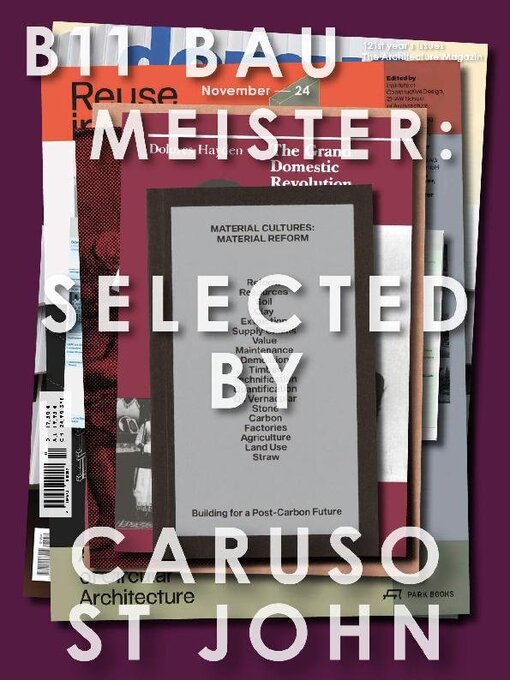
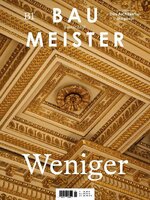 Jan 25 2025
Jan 25 2025
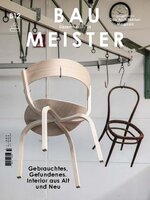 Dec 24 2025
Dec 24 2025
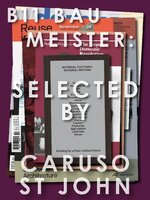 Nov 24 2025
Nov 24 2025
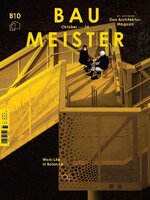 Oct 24 2025
Oct 24 2025
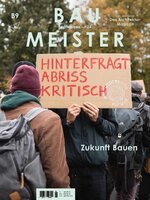 Sep 24 2025
Sep 24 2025
 Aug 24 2025
Aug 24 2025
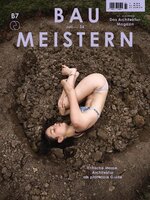 Jul 24 2025
Jul 24 2025
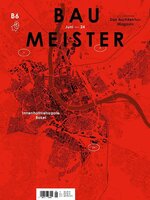 Jun 24 2025
Jun 24 2025
 May 24 2025
May 24 2025
 Apr 24 2025
Apr 24 2025
 Mar 24 2025
Mar 24 2025
 Feb 24 2025
Feb 24 2025
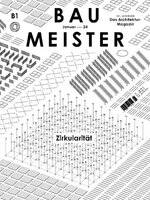 Jan 24 2025
Jan 24 2025
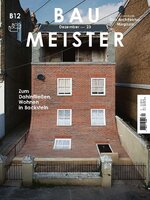 Dec 23 2025
Dec 23 2025
 Nov 23 2025
Nov 23 2025
 Oct 23 2025
Oct 23 2025
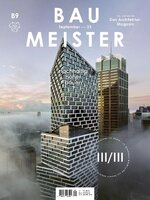 Sep 23 2025
Sep 23 2025
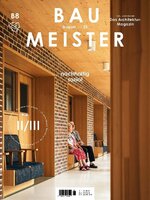 Aug 23 2025
Aug 23 2025
 Jul 23 2025
Jul 23 2025
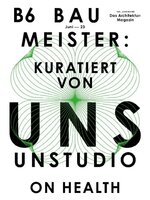 Jun 23 2025
Jun 23 2025
 May 23 2025
May 23 2025
 Apr 23 2025
Apr 23 2025
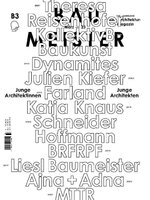 Mar 23 2025
Mar 23 2025
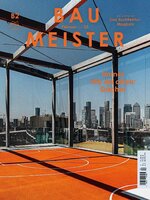 Feb 23 2025
Feb 23 2025
